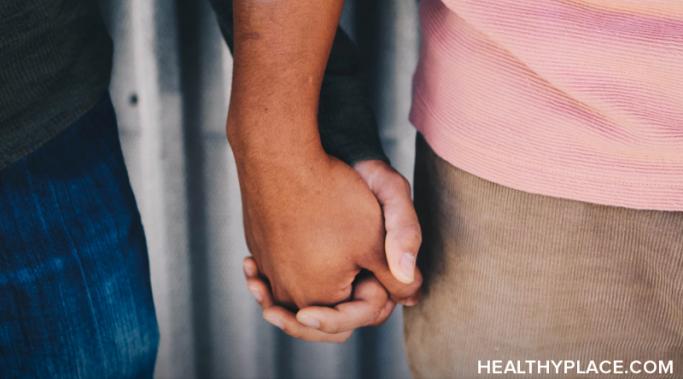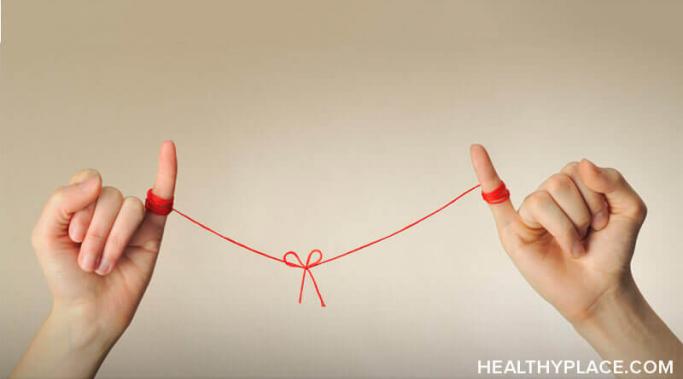Explaining self-harm scars to your boyfriend (or any romantic partner) can be a daunting prospect to face. How do you know whether you're ready to disclose your past, and what can you expect when you do?
Self-Injury and Relationships
When you're in recovery, you measure progress not by time or distance, but by milestones. If you know someone working through this process, a self-harm recovery gift can be a nice way to show your support and celebrate these milestones together.
Self-harm and isolation caused by the pandemic are a dangerous pair. Everyone is struggling to cope during these difficult times. Even the strongest and most resilient people I know have been affected by pandemic fatigue, which often comes with depression and anxiety symptoms. Unsurprisingly, our self-harm urges can also become worse as the future is so uncertain. It’s times like these that we need to look after one another and stay united.
Trust is a necessary ingredient in any healing process. For those who self-harm, opening up about this habit enough to build a viable self-injury support network requires an enormous amount of trust—but the results are worth it.
Seeing your self-harming friend suffer in silence can't be easy. However, sometimes trying to help can only make things worse. Approaching your friend with patience, kindness, and understanding is vital.
I never thought that coping with self-harm using nature could be so effective. When I was at my lowest, nothing seemed to help control the chaos that reigned my head. My self-harm was getting out of control, to the point that I was counting down the minutes to my next episode until I started walking six miles a day.
It may be difficult to imagine how self-harm affects others when no one even knows (at least to your knowledge) that you're hurting yourself. Pain, however, always causes a ripple effect.
There are few things that make you feel more helpless than seeing a loved one suffer from self-harm and not knowing how to make the suffering stop. Suffering, in most cases, is out of our hands. It is not within our direct control. With self-harm, it can be doubly frustrating because not only is it something outside of our control, but it also something that we often cannot even comprehend. It is a suffering that's both foreign and cruelly over-familiar, affecting everyone from our closest friends and romantic partners to members of our family.
When you self-harm, secrets are a priority. Self-harm thrives on secrecy. It relies on shame, embarrassment, and social taboo to survive. Contrary to the stereotype of the attention-seeking self-harmer, many self-harmers actually live in constant fear of being found out — of having their self-harm come to light.
Self-harm affects relationships negatively when you swear your loved ones to secrecy. As you know, one of the worst things about self-harm is all the lying, all the secrecy. Whether you have self-harmed once or have had a habit for years, chances are that it is not something you are open about. Chances are that, somewhere along the way, you have lied — either directly or by omission — to someone about your self-harm.









